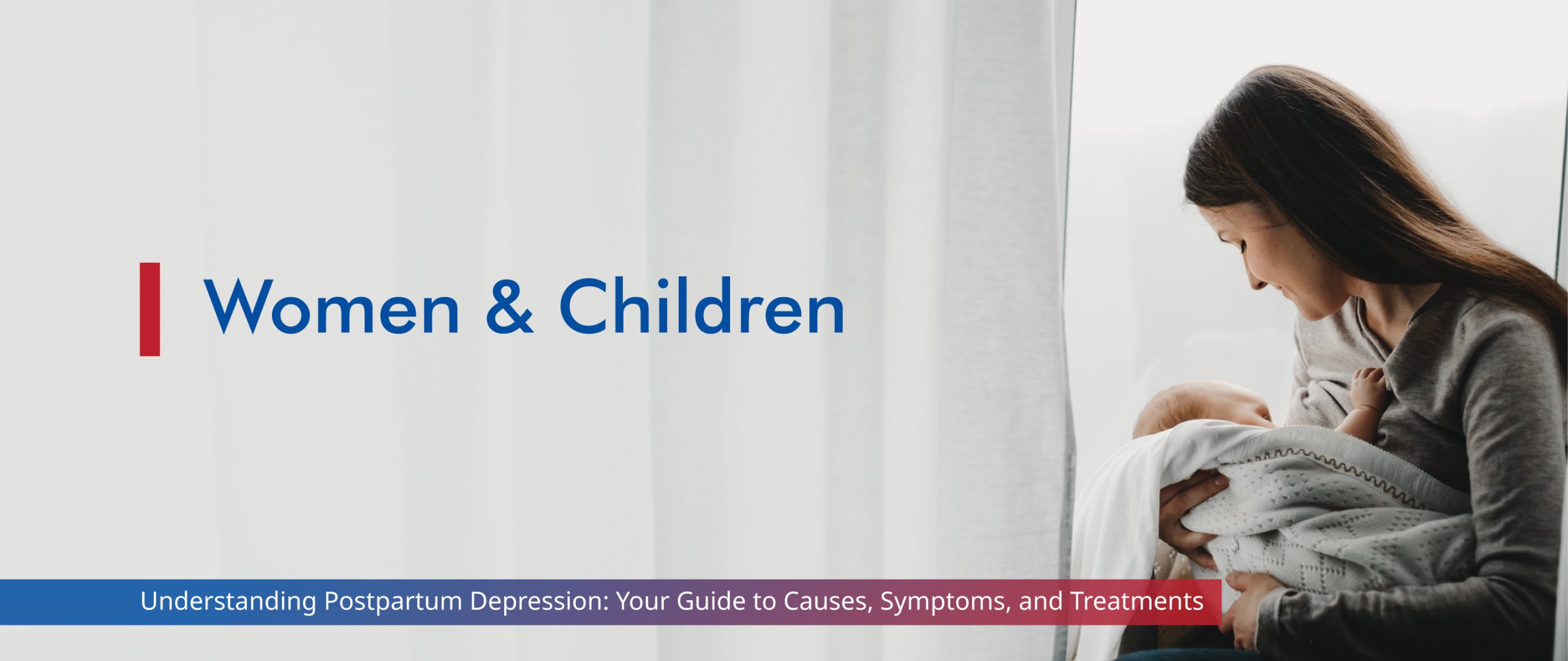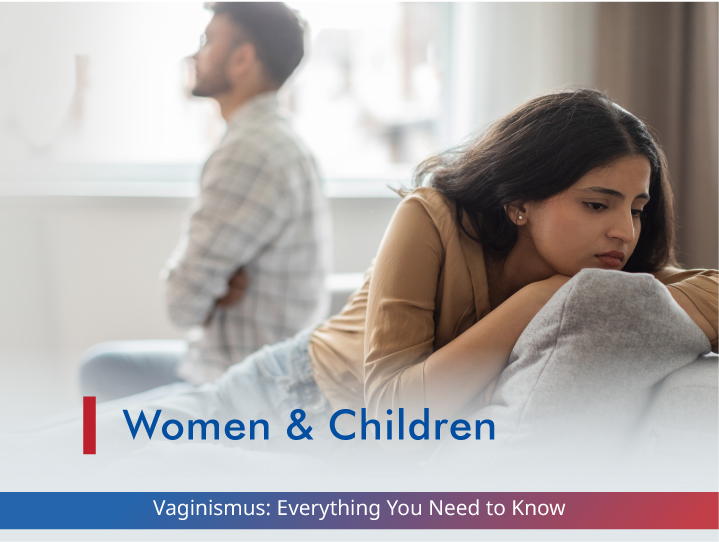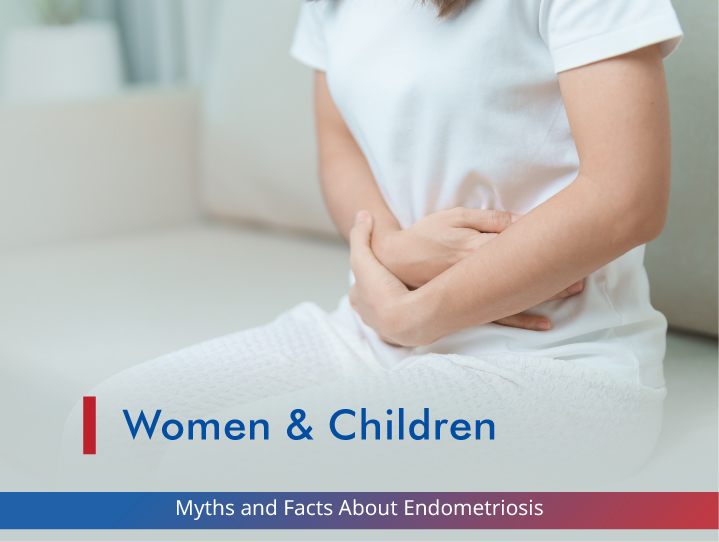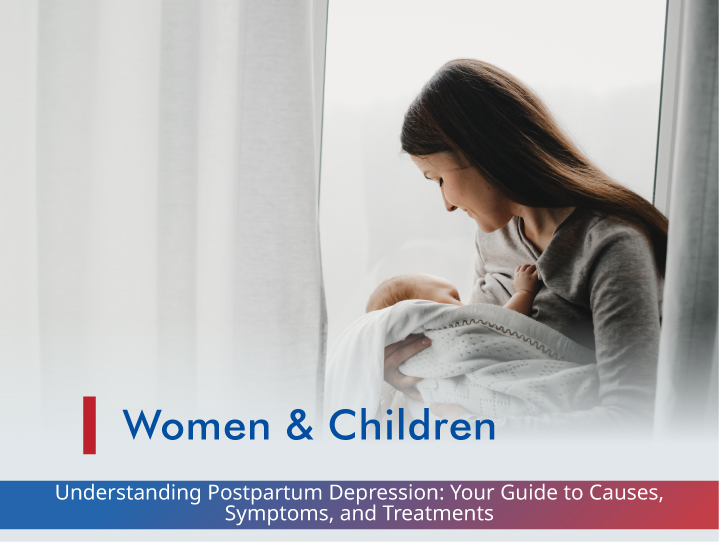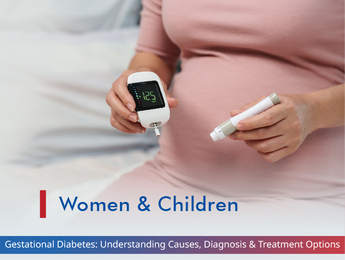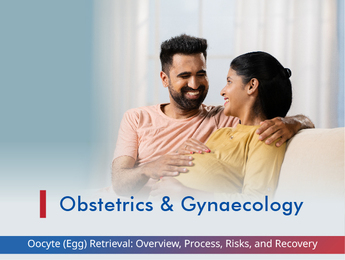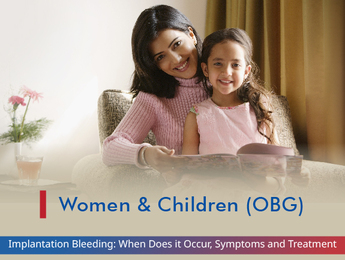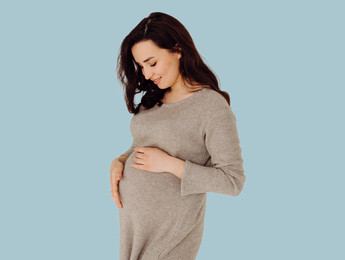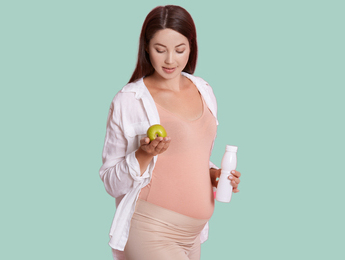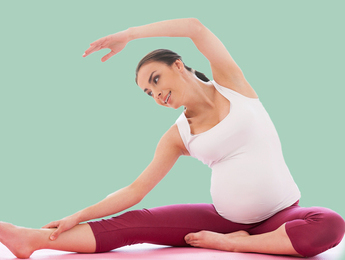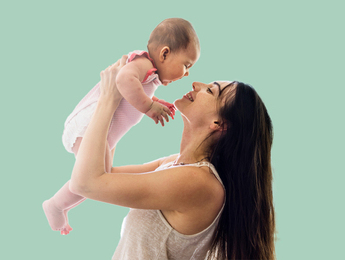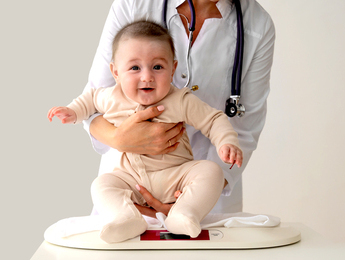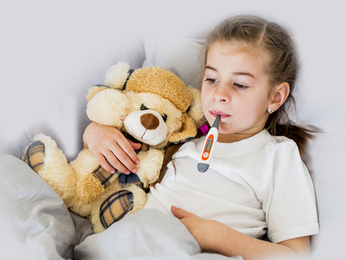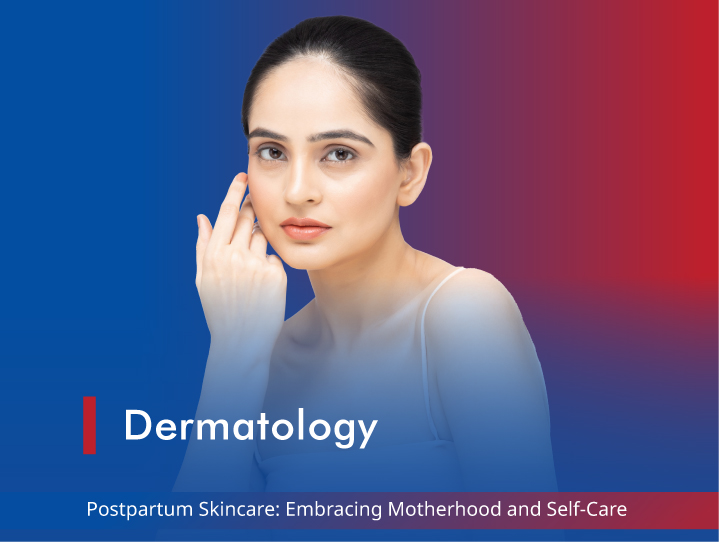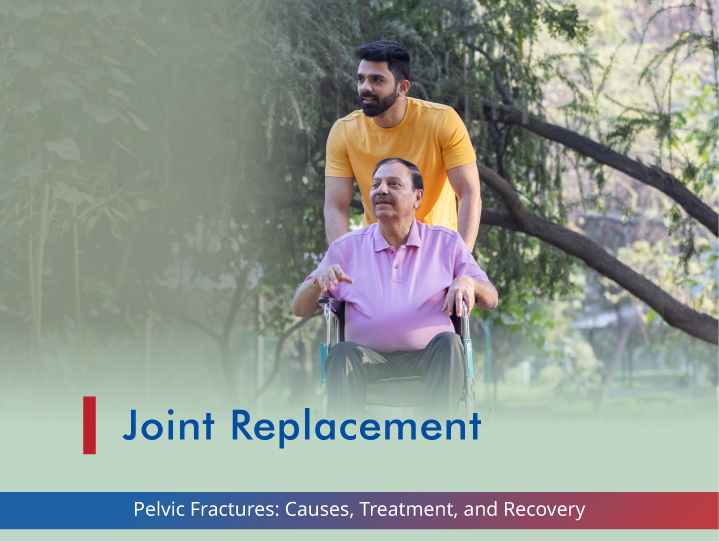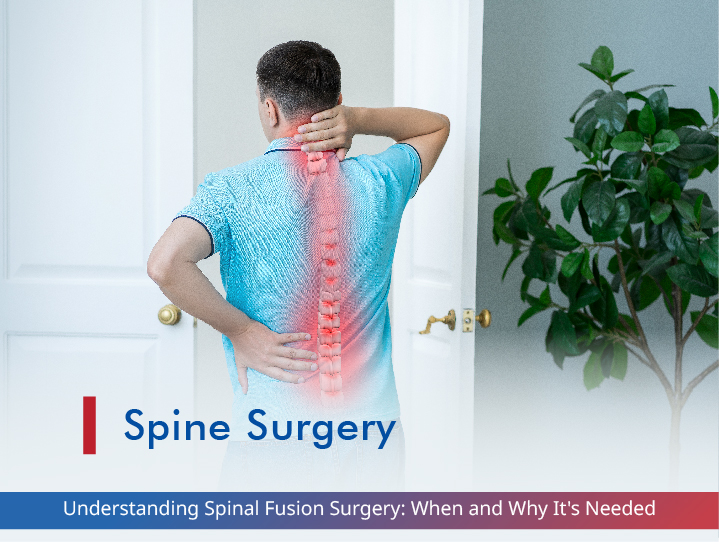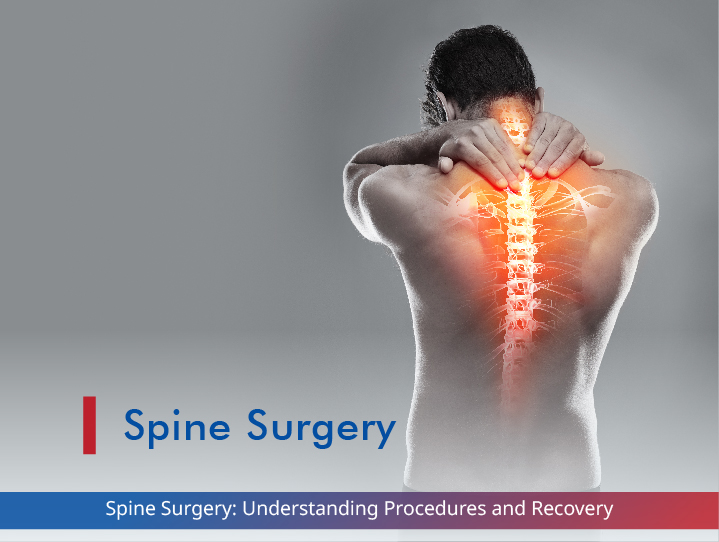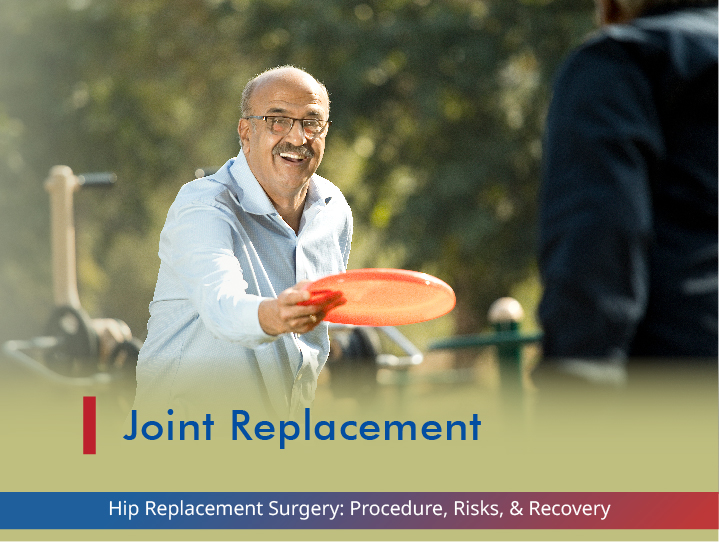Bringing a new life into the world is often described as one of life’s most beautiful experiences. But for many new parents, the joy of welcoming a baby can be overshadowed by an unexpected visitor- postpartum depression. Let’s understand this common yet often misunderstood condition, shedding light on its causes, symptoms, and treatments.
What is Postpartum Depression?
After delivery, you may feel exhausted, your body aches, and your emotions are all over the place. In addition, you have the additional responsibility of caring for a tiny human who depends on you for everything. That’s a bit like what postpartum depression feels like.
One cannot categorize postpartum depression as mere “baby blues.” It is an ailment related to mental health that can affect new parents in the weeks and months following childbirth. It’s like a heavy cloud that settles over what should be one of the happiest times in your life, making it difficult to enjoy your new role as a parent.
What are The Types of Postpartum Depression?
Not all postpartum mood disorders are created equal. The following are the main types:
- Baby Blues: This is the mildest form, affecting up to 80% of new moms. It’s like a brief emotional phase that usually passes within a few weeks.
- Postpartum Depression: This is the more serious form of baby blues, affecting about 15% of new parents. It’s like being stuck in a fog that doesn’t lift itself.
- Postpartum Psychosis: This is less common, and the most severe form, occurring in about 1 in 1,000 births. It’s a medical emergency and needs immediate attention.
- Postpartum Obsessive-Compulsive Disorder (OCD): It can make new mothers feel overwhelmed by intrusive, scary thoughts that they can’t control. This condition can be very isolating, but with the proper support and treatment, mothers can find relief and joy again.
- Postpartum Post-Traumatic Stress Disorder (PTSD): It can develop after a traumatic childbirth, leaving new mothers feeling anxious and haunted by memories of their experience. This condition can profoundly impact their ability to bond with their baby.
How Long Does Postpartum Depression Last?
Postpartum depression duration can vary widely. For some, it might last a few months; for others, it could persist for a year or more if left untreated. Remember, healing isn’t a race – everyone’s journey is different.
What Causes Postpartum Depression?
Postpartum depression doesn’t have a single cause. Instead, it is several factors coming together. Some of the common postpartum depression causes are:
- Hormonal Changes: Your body experiences a dramatic drop in estrogen and progesterone after childbirth. It’s like your hormones are on a roller coaster ride.
- Physical Changes: Your body has just done something incredible, but it’s also exhausted. Lack of sleep and recovery from childbirth can contribute to depression.
- Emotional Factors: The stress of caring for a newborn and doubts about your parenting abilities can be overwhelming.
- Pre-existing Depression: Women with pre-pregnancy depression are more prone to postpartum depression.
- Lifestyle Factors: Lack of support, financial stress, or relationship problems can exacerbate postpartum depression.
What are the Most Common Symptoms Seen in Women with Postpartum Depression?
Postpartum depression symptoms can manifest in various ways, but common symptoms include:
- Persistent sadness or emptiness
- Overwhelming fatigue
- Severe mood swings
- Difficulty bonding with your baby
- Withdrawing from family and friends
- Disinterested in activities you once enjoyed
- Changes in appetite or sleep patterns
- Intense irritability or anger
- Feelings of worthlessness or guilt
- Thoughts of harming yourself or your baby
How can Postpartum Depression be Treated?
Postpartum depression is treatable, says Dr Prathima Reddy. Some common postpartum depression treatment approaches are:
- Psychological Therapy: Talking to a psychiatrist or mental health expert can provide valuable coping strategies and emotional support.
- Postpartum Depression Medication: Antidepressants can help balance brain chemistry. Don’t worry – many are safe for breastfeeding moms.
- Support Groups: Connecting with other parents who can empathize with your struggles can be incredibly healing.
- Self-Care: Regular exercise routine, a healthy diet plan, and getting enough sleep (as much as possible with a newborn) can make a big difference.
- Alternative Therapies: Some people find relief through acupuncture, massage, or light therapy.
Conclusion
Postpartum depression is a challenging journey, but it’s not one you have to walk alone. With proper management, you can overcome this hurdle and embrace the joys of parenthood. Remember, seeking help isn’t a sign of weakness – it’s a sign of strength and love for your baby and yourself.
FAQs
What are the leading causes of postpartum depression?
Postpartum depression is the manifestation of a combination of physical, emotional, and lifestyle factors. Hormonal changes, lack of sleep, the stress of caring for a newborn, and personal or family history of depression all play a role.
Why do people suffer from postpartum depression?
People suffer from postpartum depression because of the significant life changes that come with having a baby. The physical toll of childbirth, hormonal fluctuations, sleep deprivation, and the emotional adjustment to parenthood can all contribute to postpartum depression. A previous history of depression and anxiety can also be contributory factors.
How long do you suffer from postpartum?
The duration of postpartum depression varies for each individual. Without treatment, it can last several months or even a year. With proper treatment, many people start to feel better within a few weeks to months. However, recovery is a process, and it’s essential to continue treatment even as symptoms improve.
Reference Link:
https://www.postpartumdepression.org/postpartum-depression/types/

